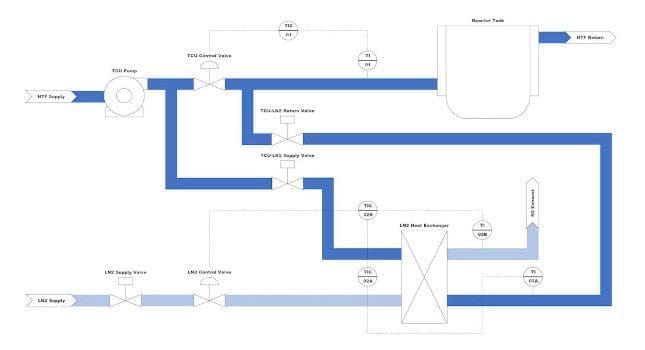Battling Obsolescence and Risk Begins with an IT/OT Assessment
This article originally appeared in Automation World and features Melissa Bruno, Group Engineering Manager at E Tech Group. Click here to read the full article. During any technology assessment to determine the need for an upgrade, a direct line of communication from integrators to decision makers and maintenance and engineering teams can help them better understand how to evaluate potential solutions. When you’re working in a facility that has equipment reaching end of life or components on the verge of obsolescence, it would be nice to simply wave a wand and have everything be instantly updated. Unfortunately, because multiple installations and upgrades have been done over decades, this process tends to be a bit more involved. Before you can address obsolescence, breakdown, and security issues, you need to have a full picture of where your facility stands. To do this, we perform what we call an IT/OT (operations technology) assessment. While companies like ours perform this work, the client’s presence and cooperation plays a crucial role. Here’s how to get the most out of your assessment. Engage and understand Compounded fixes over time make it difficult to identify the main issues or where to start resolving them. Having an open line of communication with the decision makers and maintenance team, we can help them better understand what we’re assessing and what it will take to correct it. The goal is to take a large amount of material and truncate it into digestible pieces that will allow all parties to evaluate potential solutions. In many cases, maintenance technicians or other employees may not understand what we’re doing. They see an engineer walking the floor and assume we’re there to complete a particular task. In reality we’re performing an in-depth assessment that will be used to give them control over the optimizations … Continued





